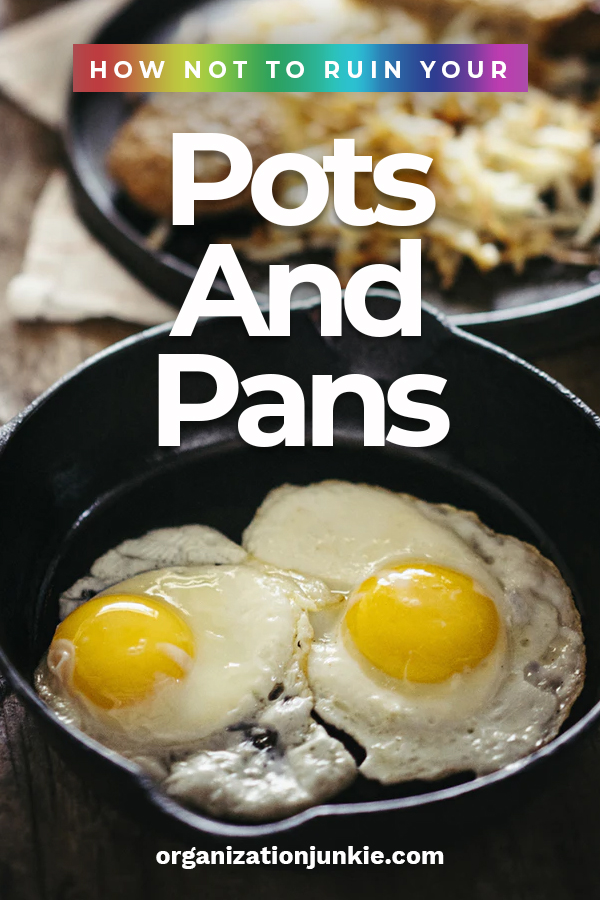
Every kitchen needs at least a couple of good nonstick pans. They make cleanup easier, and also make a difference in how quick and easy it is to prepare meals. Trouble is, it seems like the slick surface rarely lasts as long or stays as slick as we’d like it to. But there are several tips you can use to properly care for the surface and make it last longer. Here is now not to ruin yours.
1. Don’t Use Metal Utensils
Even if the manufacturer says your pans are “metal safe,” it’s always better not to use them. You’re sure to sendup with dings and scratches. Use silicone or wood instead. Especially if your cookware is a treasured wedding gift, you don’t want them all marked up within a few months, do you?
2. Don’t Use Cooking Spray
You might think you’re helping the nonstick surface even more by using cooking spray on your pans. But don’t! That will actually cause buildup, which over time makes a layer that’s basically impossible to get rid of. You’ll find things sticking and burning easier than if you’d never used cooking spray. Oil and butter are better choices.
3. Don’t Put Them in the Dishwasher
Again, even if yours are supposedly dishwasher safe, it’s always better to wash your nonstick pans by hand. The super heated waster and harsher dishwasher detergents can wear down your slick surface. Instead, wash them in the sink with a soft sponge and a sprinkle of baking soda. For a bigger mess, use just a bit of liquid dish soap as well.
4. Don’t Turn Up the Heat
Super high heat and your nonstick cookware aren’t meant to be friends. The higher temperatures can damage the finish, not to mention releasing chemicals you probably don’t want in your food. When you really need high heat, such as for searing, use cast iron instead.
5. Don’t Cook High-Acid Foods
Acidic foods like tomato sauce can wear down your finish, especially if that’s the primary thing the pan. You’re better off to use stainless for those higher acid foods. And especially with those foods, don’t let your pan sit on the stove in the sink for too long after cooking — you’re better off to get the food out of the pan before damage can occur.
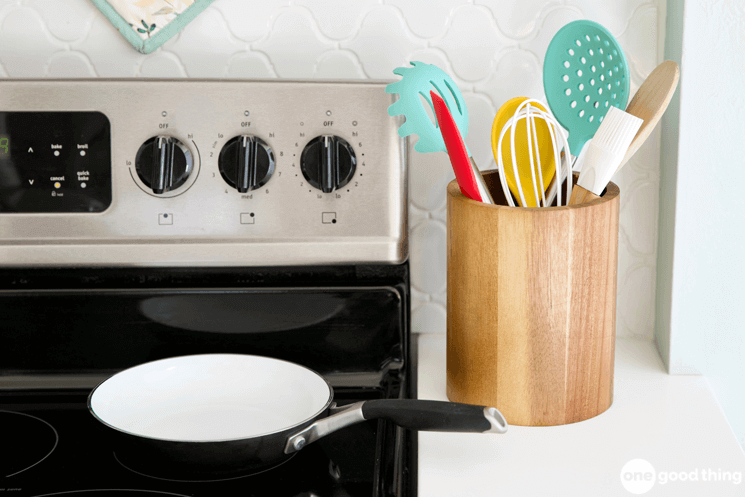
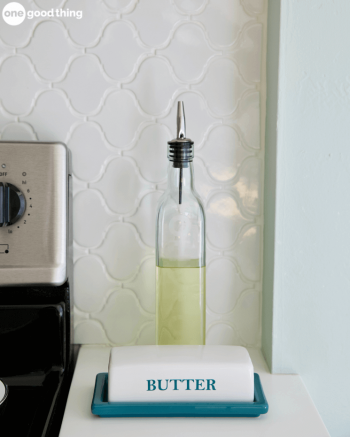
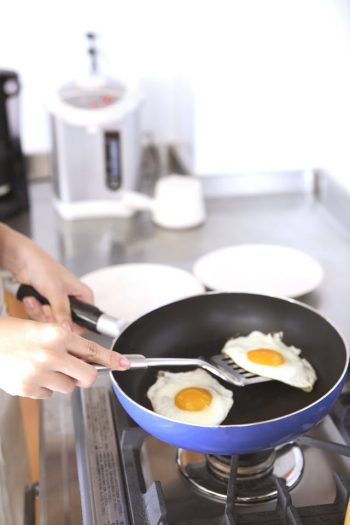
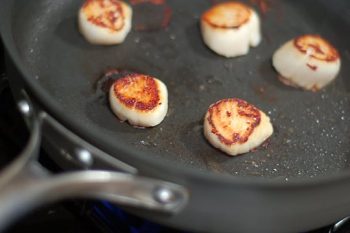
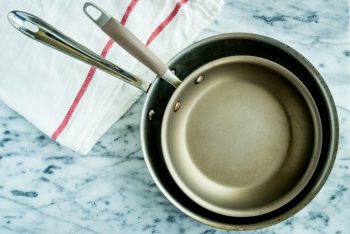
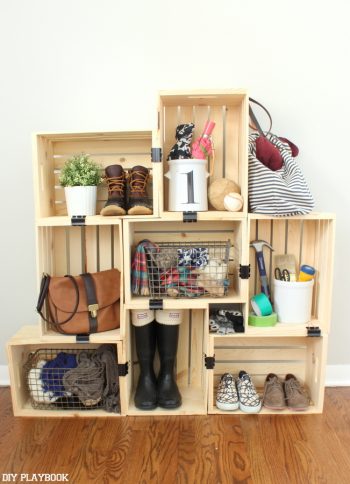
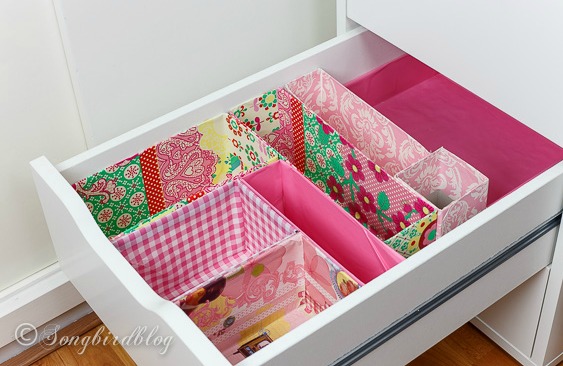

Leave a Reply